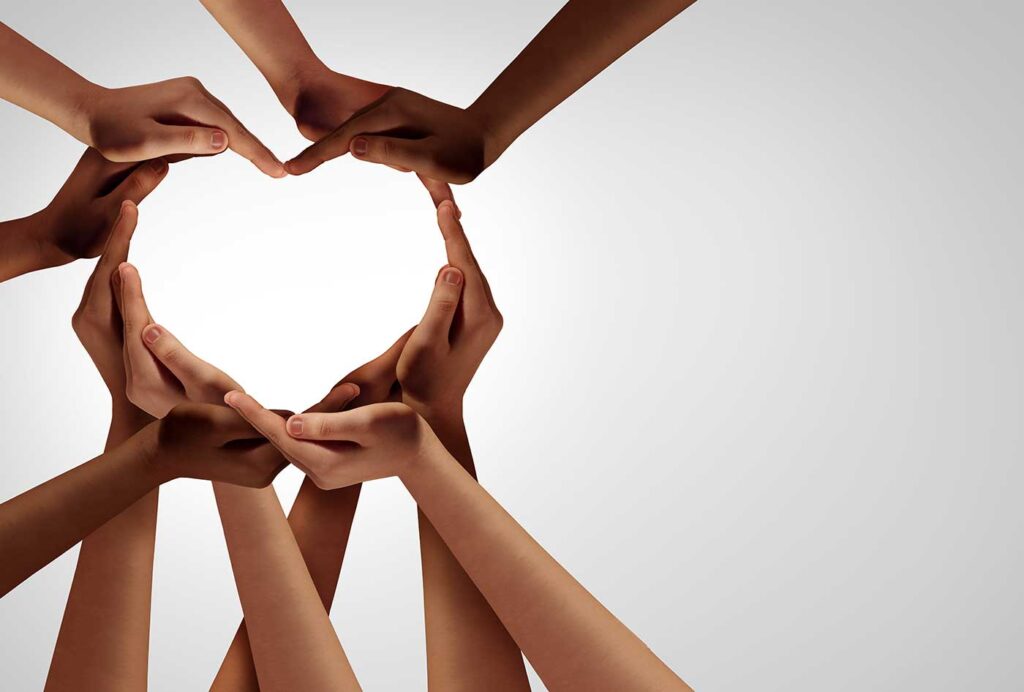
Cultural diversity has long been recognized as an important aspect of fostering tolerance and understanding between different cultures. However, as ideas about diversity and inclusion have evolved, a new concept of “unity in diversity” has emerged, highlighting how diversity enriches human learning and experience.
Ethnic diversity is crucial because it demands individuals to evaluate their personal biases and stereotypes, fostering an environment of collaboration and cooperation. When individuals only prioritize their core beliefs and cultural identity, they hinder progress towards the common good. To benefit society as a whole, there must be a shared understanding and a willingness to push boundaries.
Embracing ethnic and cultural diversity has a profound impact on thoughts, feelings, and behaviors. How we perceive others based on their ethnicity or diverse factors can shape how we treat them. Rejecting generalized biases and stereotypes is essential to ensure that individuals are not lumped into a generalized category based on a single factor. By embracing diversity, we foster tolerance, build relationships, understand different values, and reject cultural imperialism.
Tolerance is a fundamental aspect of ethnic diversity. It requires accepting individuals despite their differences, enabling us to look beyond our personal dislikes or disagreements. Embracing diversity establishes respect, which in turn builds relationships and enhances understanding of different values. Studies have shown that ethnic or cultural minorities within communities or workplaces often suffer from a lack of social cohesiveness and inclusion, which can adversely affect their mental health.
Social cohesiveness; which refers to the feeling of togetherness and strong ethnic bonds within a community, while inclusiveness denotes a sense of belongingness. When the majority fails to respect and build relationships with the minority, those who are different may experience isolation and withdrawal, leading to mental health issues such as depression and anxiety. It is essential to create an inclusive environment where diverse perspectives are valued and celebrated.
Cultural imperialism involves the imposition of the dominant culture on minority cultures. While integration and cultural blending can occur naturally over time, it should not be forced. Embracing diversity means refraining from imposing beliefs on others through laws, policies, or threats. It is essential to foster an environment where different cultures coexist harmoniously, sharing ideas and values without dominance or oppression.
A culturally diverse environment offers numerous benefits for personal development, including breaking down stereotypes and fostering acceptance. It also leads to increased productivity as individuals learn and grow from one another’s diverse experiences. In educational settings and companies, multicultural exchanges of ideas stimulate richer idea generation, innovation, and creativity. Moreover, a culturally diverse workforce enables companies to tap into new perspectives, leading to better representation in the global market and an enhanced understanding of evolving needs and niches.
Embracing cultural diversity goes beyond promoting tolerance—it enriches human learning, experience, and collaboration. By recognizing the importance of ethnic diversity, we can evaluate personal biases and stereotypes, fostering cooperation and understanding. Building relationships, rejecting cultural imperialism, and creating inclusive environments are vital steps towards unity in diversity. The benefits of embracing diversity extend to personal growth, innovation, and improved market representation. In an interconnected world, cultural diversity is a powerful force that propels us towards a more inclusive and prosperous future.


